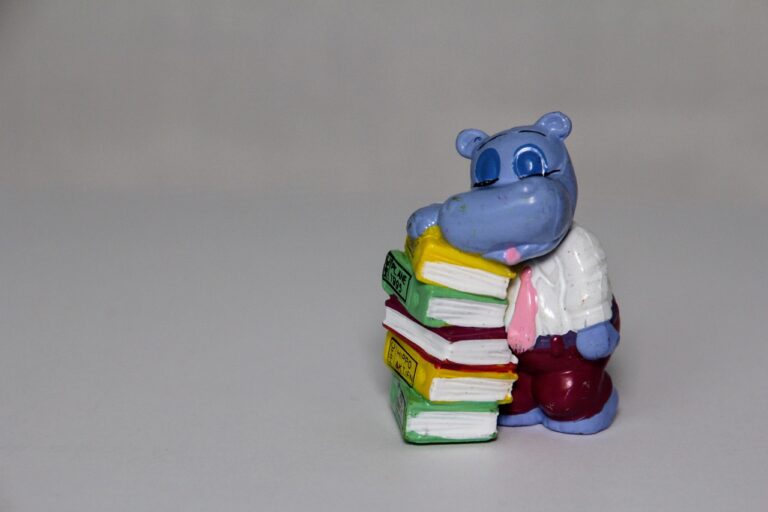Promoting Access to Education for Refugee Children
Refugee children often encounter significant obstacles when trying to access education in host countries. Some of the challenges they face include language barriers, lack of proper documentation, and discrimination. Language differences can hinder their ability to participate fully in the classroom, understand the curriculum, and communicate with teachers and peers effectively.
Additionally, the absence of essential documentation such as birth certificates or school records can prevent refugee children from enrolling in schools or accessing educational resources. Moreover, discrimination and stigmatization based on their refugee status can lead to social isolation and marginalization, making it even more challenging for these children to integrate into the education system and succeed academically.
Importance of education for refugee children
Education plays a crucial role in the lives of refugee children as it provides them with the necessary tools to build a better future. By receiving quality education, refugee children are empowered to break the cycle of poverty, gain valuable skills, and contribute positively to their communities. Education not only equips them with knowledge but also boosts their self-confidence and resilience in the face of adversity.
Furthermore, education acts as a key catalyst for social integration and inclusion for refugee children. Through education, they are better able to adapt to new environments, understand diverse cultures, and develop meaningful relationships with peers and mentors. This integration helps foster a sense of belonging and identity, enabling refugee children to overcome feelings of isolation and displacement that often accompany their journey to a new homeland.
• Education helps refugee children break the cycle of poverty
• Education provides valuable skills for refugee children to succeed
• Education boosts self-confidence and resilience in refugee children
• Education promotes social integration and inclusion for refugee children
• Education helps refugee children adapt to new environments and understand diverse cultures
• Education fosters a sense of belonging and identity for refugee children
Barriers to education for refugee children
Refugee children often encounter numerous obstacles when trying to access education in their host countries. One major barrier is the lack of financial resources to cover school fees and purchase required supplies. Many refugee families struggle to make ends meet, and allocating funds for schooling can be a significant challenge. This financial strain leads to children being unable to enroll in schools or dropping out due to the inability to afford basic educational necessities.
Language barriers also pose a significant challenge for refugee children seeking education. In many instances, these children are unable to speak the language of instruction in their new country, making it difficult for them to fully participate in the classroom. The inability to understand and communicate effectively creates feelings of isolation and frustration, hindering their educational progress. Additionally, the lack of language support services further exacerbates the issue, leaving refugee children struggling to keep up with their peers in school.
What are some of the challenges faced by refugee children in accessing education?
Refugee children often face language barriers, lack of proper documentation, limited access to schools, discrimination, trauma from conflict, and financial constraints.
Why is education important for refugee children?
Education plays a crucial role in providing refugee children with opportunities for a better future, empowering them to rebuild their lives, fostering integration into society, and reducing the risk of exploitation.
What are some of the common barriers to education for refugee children?
Some common barriers to education for refugee children include lack of proper documentation, language barriers, discrimination, limited access to schools, trauma from conflict, and financial constraints.
How can the barriers to education for refugee children be overcome?
The barriers to education for refugee children can be overcome through policies that prioritize access to education for all children, provision of language support and psychosocial services, addressing discrimination, improving access to schools, and providing financial support for schooling.







